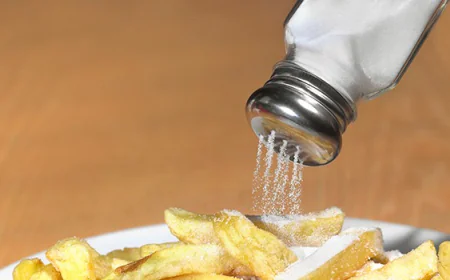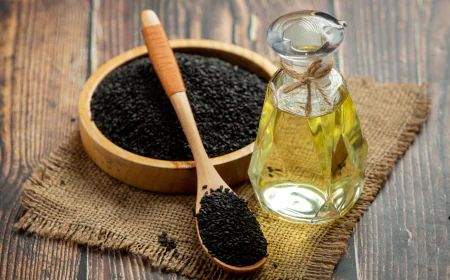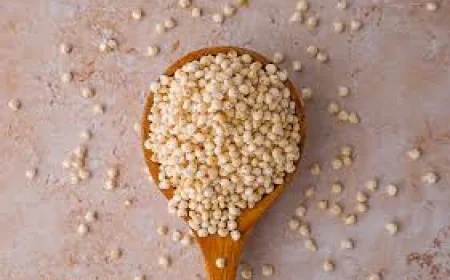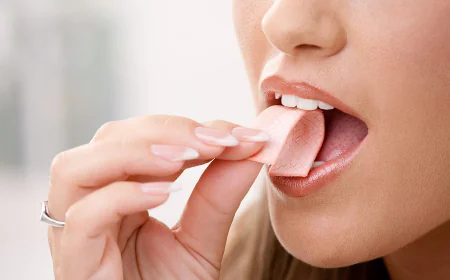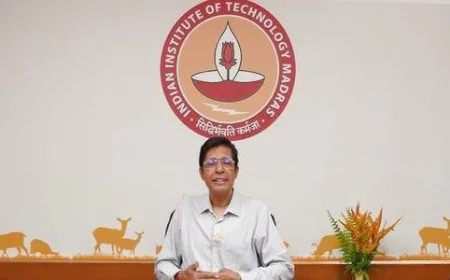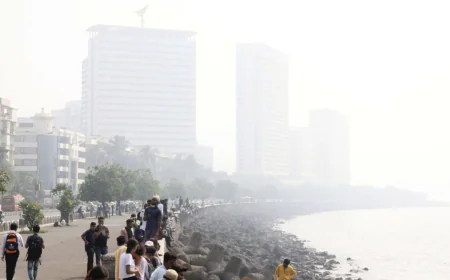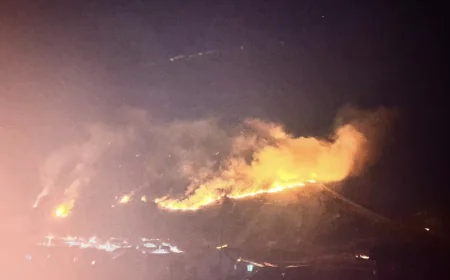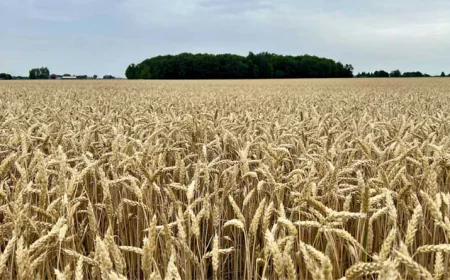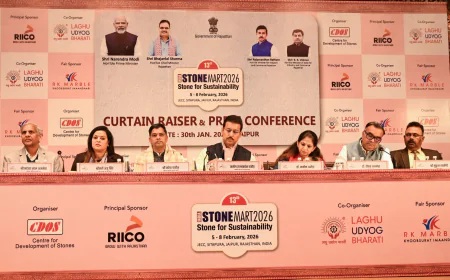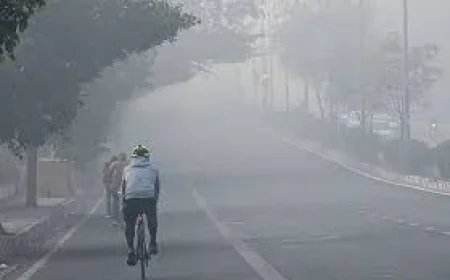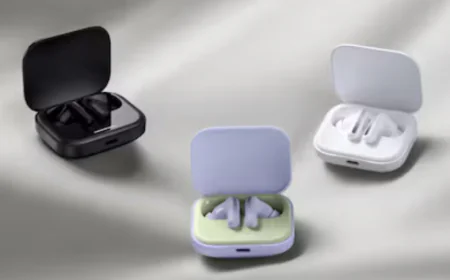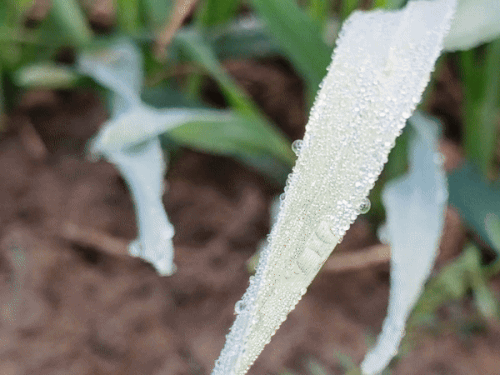Johnson's permission to make baby powder, not for sale
Johnson's permission to make baby powder, not for sale: Bombay High Court said – do production but at your own risk

The Bombay High Court has told Johnson & Johnson (J&J) that it can manufacture baby powder at its Mulund plant, but will not be allowed to sell it. The High Court said on Wednesday that the company should do baby powder production at its own risk. Its distribution and sale will be banned.
The High Court also ordered the re-testing of J&J's baby powder samples, which is to be completed within two weeks. Maharashtra's Food and Drug Administration ie FDA will take this sample and send it to two government laboratories and one private laboratory for re-testing.
Johnson's baby powder manufacturing license was cancelled by the Maharashtra government. Its orders were given on 15 and 20 September. In the first order, the license to manufacture baby powder at the Mulund plant was cancelled. The second order asked to stop manufacturing and distribution. The High Court is hearing the company's appeal against these orders.
The government had cancelled the license of the company citing 'public interest' following the FDA report. It was reported in the report that the sample of baby powder manufactured at the company's Mulund plant was 'not of standard quality'. The pH value of the powder was higher than the mandatory limit for the health of the children. The company was also asked to recall the stock of that product from the market.
During a surprise inspection in December 2018, the FDA took samples of J&J's talc-based baby powder from Pune and Nashik for quality checks. Of these, the sample made at the Mulund plant was considered 'not of standard quality'.
The test results in 2019 stated that 'the sample does not comply with IS 5339:2004 (Second Revision Amendment No. 3) specification for skin powder for babies in test pH'. Later, the company was served a show cause notice under the Drugs and Cosmetics Act, of 1940.
The company said in its petition that 14 random batches of February, March and September 2022 were tested by an independent testing laboratory. All were found to be well within the prescribed pH standard. The company said it has been manufacturing baby powder at its Mulund plant for the last 57 years.
J&'s license was renewed in January 2020. The company claimed that it was incurring a daily loss of Rs 2.5 crore due to the cancellation of its licence.
In the past, Johnson & Johnson had said that by 2023 it would stop selling its baby talcum powder all over the world. J&J's talcum powder has been discontinued in the US and Canada in 2020. Now the company will sell cornstarch-based powder instead of talc-based powder.
Actually, claims have been made all over the world that there is a risk of cancer due to the use of this baby powder. There was also a huge decline in the sales of the product after reports of cancer apprehensions surfaced. Although the company always called this powder safe.
J&J had said 'after assessing its portfolio, it has taken the commercial decision to make all its baby powder products using cornstarch instead of talcum powder.' The firm had said that cornstarch-based baby powder is already being sold in many countries of the world.
Johnson & Johnson manufactures its products in more than 60 countries while it has about 250 subsidiaries. Its products are sold in more than 175 countries. Its competition in India is from brands like Dabur, Hindustan Unilever and Himalaya.
There have been allegations of cancer risk from talc. Actually, from where talc is mined, asbestos also comes out from there. Asbestos is also a naturally occurring silicate mineral. It harms the body. When talc is mined, there is a danger of getting asbestos in it.
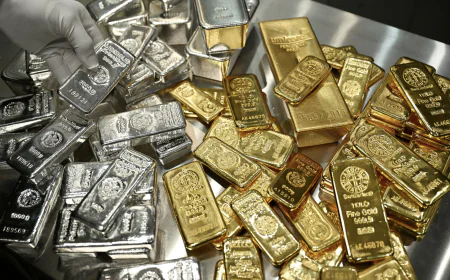

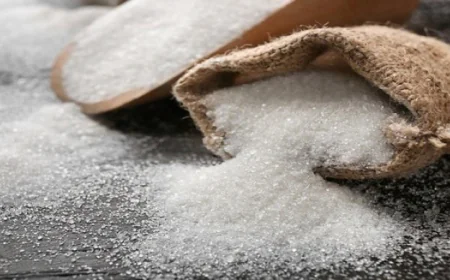

































.jpeg)







